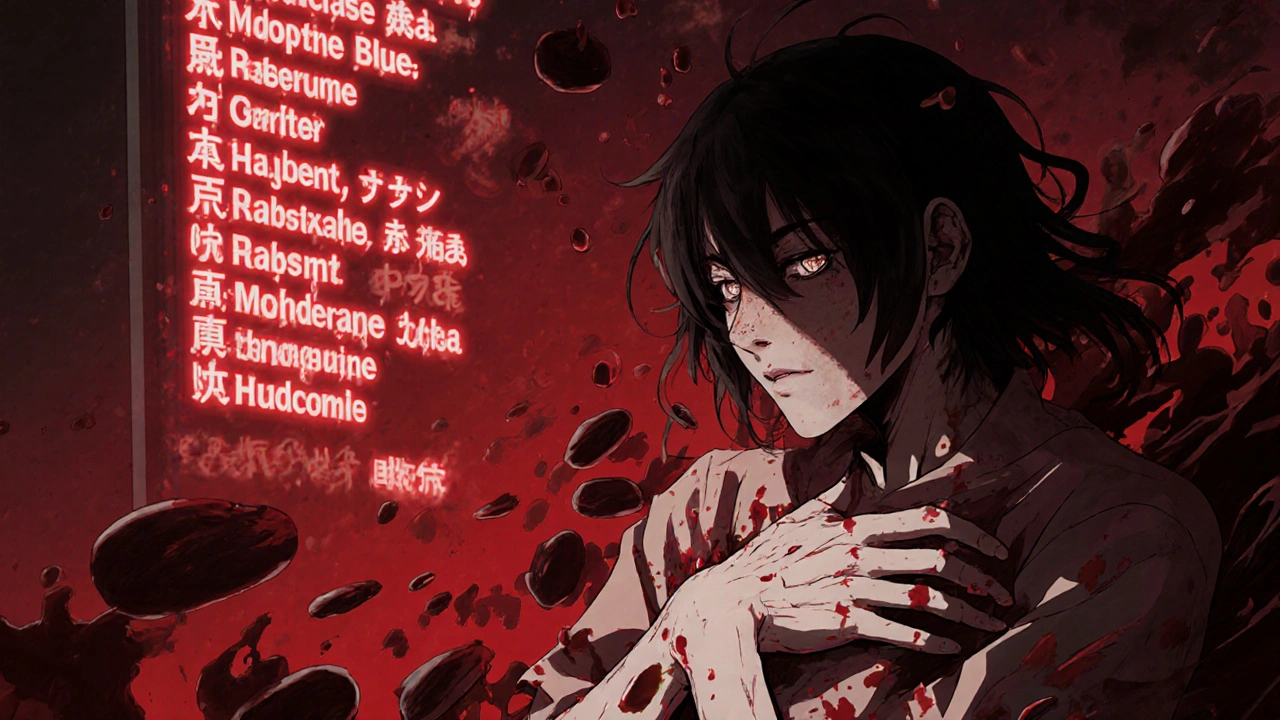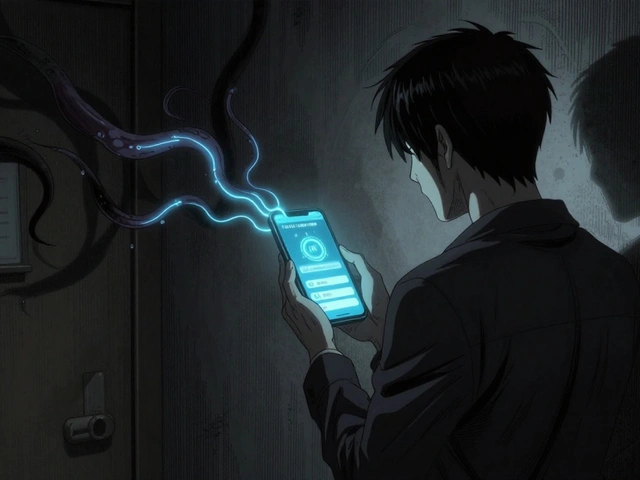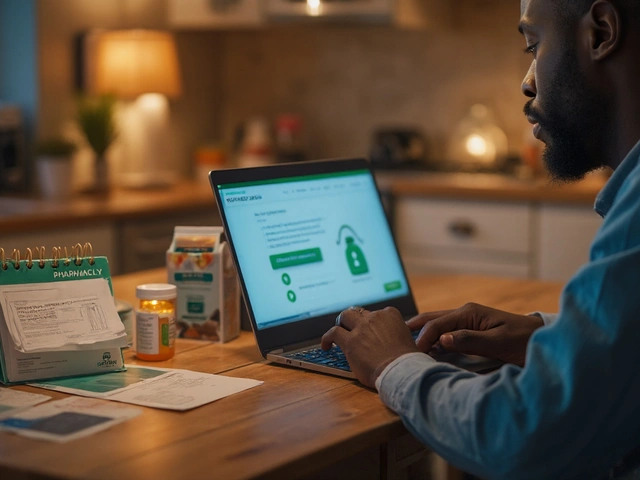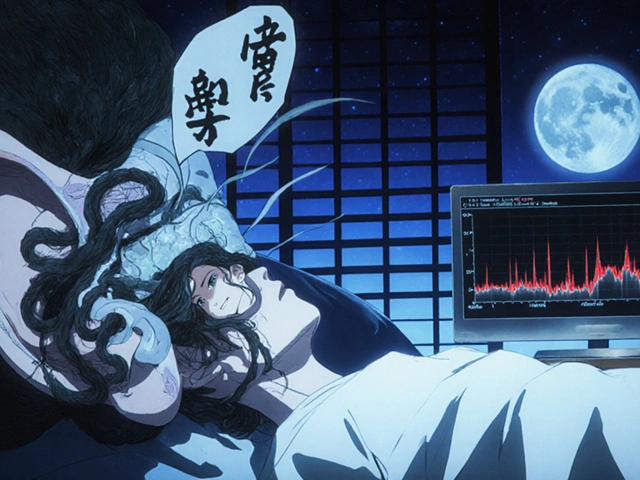G6PD Deficiency: What It Is, How It Affects Medications, and What to Avoid
When your body lacks enough G6PD deficiency, a genetic condition where red blood cells can’t handle oxidative stress due to low levels of the glucose-6-phosphate dehydrogenase enzyme. Also known as glucose-6-phosphate dehydrogenase deficiency, it affects millions worldwide, especially in regions where malaria was common. People with this condition don’t break down toxins the same way—and that’s where things get risky. Your red blood cells are like delicate balloons: normal life doesn’t pop them, but certain drugs, foods, or infections can cause them to burst suddenly, leading to hemolytic anemia, a condition where red blood cells are destroyed faster than the body can replace them. This isn’t just a minor inconvenience—it can land you in the hospital with dark urine, extreme fatigue, and jaundice.
Many common medications can trigger this reaction. Think about drug reactions, adverse responses triggered by substances that stress the red blood cells in G6PD-deficient individuals. Antibiotics like sulfamethoxazole, painkillers like aspirin or naproxen, and even some antimalarials can be dangerous. It’s not just pills—some herbal supplements like goldenseal, a plant-based supplement known to interfere with liver enzymes and oxidative stress pathways—also show up in studies as potential triggers. And then there’s favism, a severe reaction caused by eating fava beans, which contain compounds that directly damage red blood cells in susceptible people. It’s not just about avoiding meds—it’s about understanding your whole environment.
There’s no cure for G6PD deficiency, but knowing what to avoid makes all the difference. A simple blood test can confirm it, and once you know, you can live normally—just with a few extra precautions. Always tell your doctor, pharmacist, and dentist. Keep a list of unsafe drugs handy. Don’t guess. Don’t rely on online forums. And if you ever feel unwell after starting a new pill or eating something unusual, get checked fast. The posts below cover real cases: how certain antibiotics and supplements can trigger crises, what alternatives exist, and how to talk to your provider without sounding alarmist. You’ll find practical guides on avoiding hidden dangers in everyday meds, understanding what’s safe, and protecting yourself without living in fear.

G6PD Deficiency and Medications: How to Prevent Hemolysis
G6PD deficiency can cause life-threatening hemolysis when triggered by common medications. Learn which drugs to avoid, safe alternatives, and how testing can prevent emergencies.




